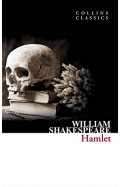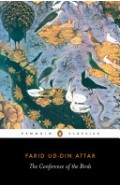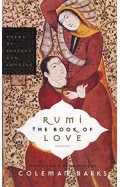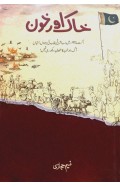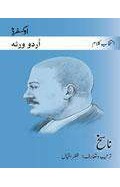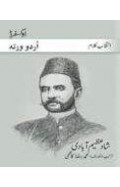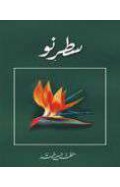The Knot of My Tongue - Poems and Prose
By: Zehra Naqvi
-
Rs 4,995.00
Due to constant currency fluctuation, prices are subject to change with or without notice.
I knew it was time to build what could carry, what could find the high point
to name what I knew to be the world and carry it with me
At the heart of The Knot of My Tongue is Zehra Naqvi’s storying of language itself and the self-re-visioning that follows devastating personal rupture. Employing a variety of poetic forms, these intimate, searching poems address generations, continents, and dominions to examine loss of expression in the aftermath of collisions with powerful forces, ranging from histories to intimacies.
Naqvi follows a cast of characters from personal memory, family history, and Quranic traditions, at instances where they have either been rendered silent or found ways to attempt the inexpressible—a father struggling to speak as an immigrant in Canada; a grandmother as she loses her children and her home after the 1947 Partition; the Islamic story of Hajar, abandoned in the desert without water; the myth of Philomela who finds language even after her husband cuts off her tongue.
Brilliantly blending the personal and the communal, memory and myth, theology and tradition, the poems in this collection train our attention—slow and immediate, public and private—on our primal ability to communicate, recover, and survive. This example is striking for the power of its speaking through loss and a singular, radiant vision.
I knew it was time to build what could carry, what could find the high point
to name what I knew to be the world and carry it with me
At the heart of The Knot of My Tongue is Zehra Naqvi’s storying of language itself and the self-re-visioning that follows devastating personal rupture. Employing a variety of poetic forms, these intimate, searching poems address generations, continents, and dominions to examine loss of expression in the aftermath of collisions with powerful forces, ranging from histories to intimacies.
Naqvi follows a cast of characters from personal memory, family history, and Quranic traditions, at instances where they have either been rendered silent or found ways to attempt the inexpressible—a father struggling to speak as an immigrant in Canada; a grandmother as she loses her children and her home after the 1947 Partition; the Islamic story of Hajar, abandoned in the desert without water; the myth of Philomela who finds language even after her husband cuts off her tongue.
Brilliantly blending the personal and the communal, memory and myth, theology and tradition, the poems in this collection train our attention—slow and immediate, public and private—on our primal ability to communicate, recover, and survive. This example is striking for the power of its speaking through loss and a singular, radiant vision.
Zubin Mehta: A Musical Journey (An Authorized Biography)
By: VOID - Bakhtiar K. Dadabhoy
Rs 840.00 Rs 1,050.00 Ex Tax :Rs 840.00
Rumi The Book Of Love Poems Of Ecstasy And Longing
By: Coleman Barks
Rs 3,395.00 Ex Tax :Rs 3,395.00
No similar books from this author available at the moment.
No recently viewed books available at the moment.
Zubin Mehta: A Musical Journey (An Authorized Biography)
By: VOID - Bakhtiar K. Dadabhoy
Rs 840.00 Rs 1,050.00 Ex Tax :Rs 840.00












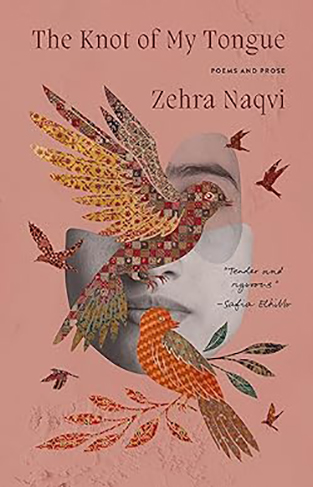
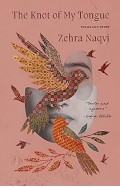
-120x187.jpg?q6)





